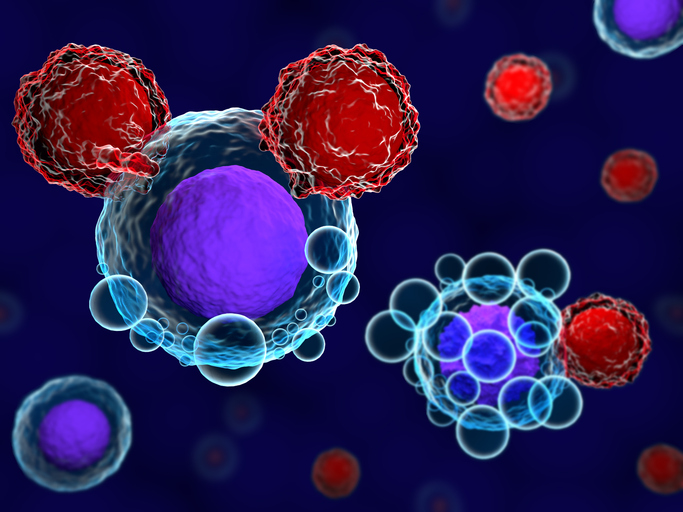Modifying one’s diet and adopting a healthier lifestyle can help decrease the incidence of inflammatory bowel disease (IBD), emphasised experts in an editorial recently published in The Lancet medical journal.
{{^userSubscribed}}
{{/userSubscribed}}
{{^userSubscribed}}
{{/userSubscribed}}
Published on May 8, the editorial highlights the insights of nine experts from across the world, including Dr Vishal Sharma, an associate professor at PGIMER’s gastroenterology department.
The editorial sheds light on the chronic nature of IBD, requiring lifelong therapies, the rising costs of newer drugs and significant financial burden on individuals affected by the disease.
In summary, the experts stressed on the significance of making dietary and lifestyle changes to reduce the incidence of IBD, emphasising the need for greater awareness and timely medical attention for related symptoms.
Occurs in prime years of adulthood
IBD is a condition characterised by chronic inflammation in the digestive tract. It includes two main types: Crohn’s disease, which can affect any part of the digestive tract, and ulcerative colitis, which is limited to the colon.
{{^userSubscribed}}
{{/userSubscribed}}
{{^userSubscribed}}
{{/userSubscribed}}
Symptoms of IBD typically include abdominal pain, diarrhoea and weight loss. In ulcerative colitis, rectal bleeding is more common, while Crohn’s disease may also involve perianal issues. IBD often occurs in the prime years of adulthood, typically between the ages of 20 and 40, and its symptoms can resemble those of gastrointestinal tuberculosis.
According to Dr Vishal, the interplay of genetics, environment and diet, along with our ability to tolerate various antigens, including bacteria, contributes to the increasing prevalence of certain conditions.
“Environmental factors and the westernisation of diets have played a significant role in this trend. Our dietary patterns have undergone significant changes, with the Green Revolution leading to the removal of certain elements from our diets and an increased prevalence of allergenic substances in the available food options,” he said.
{{^userSubscribed}}
{{/userSubscribed}}
{{^userSubscribed}}
{{/userSubscribed}}
“It is believed that IBD is a western countries disease. But with time, the number of cases has risen even in north India,” Dr Vishal said.
Diarrhoea the predominant symptom
According to the doctor, diarrhoea is the predominant symptom in both types of IBD. Ulcerative colitis commonly presents with blood in the stool. Abdominal pain and occasional intestinal obstruction may occur in individuals with Crohn’s disease.
“People have limited awareness of this disease, often mistaking rectal bleeding for piles. As a result, cases of cancer and IBD can sometimes go unnoticed. This is one symptom that should be taken seriously,” he explained.
Apart from Dr Vishal Sharma, the editorial features contributions from Shrinivas Bishu and Madhura Balasubramaniam from IIT Madras; Sumit Bhatia and Neilanjan Nandi from Perelman School of Medicine at University of Pennsylvania; Neha D Shah and Parakkal Deepak from Washington University School of Medicine in St Louis, Missouri, among others.
{{^userSubscribed}}
{{/userSubscribed}}
{{^userSubscribed}}
{{/userSubscribed}}










